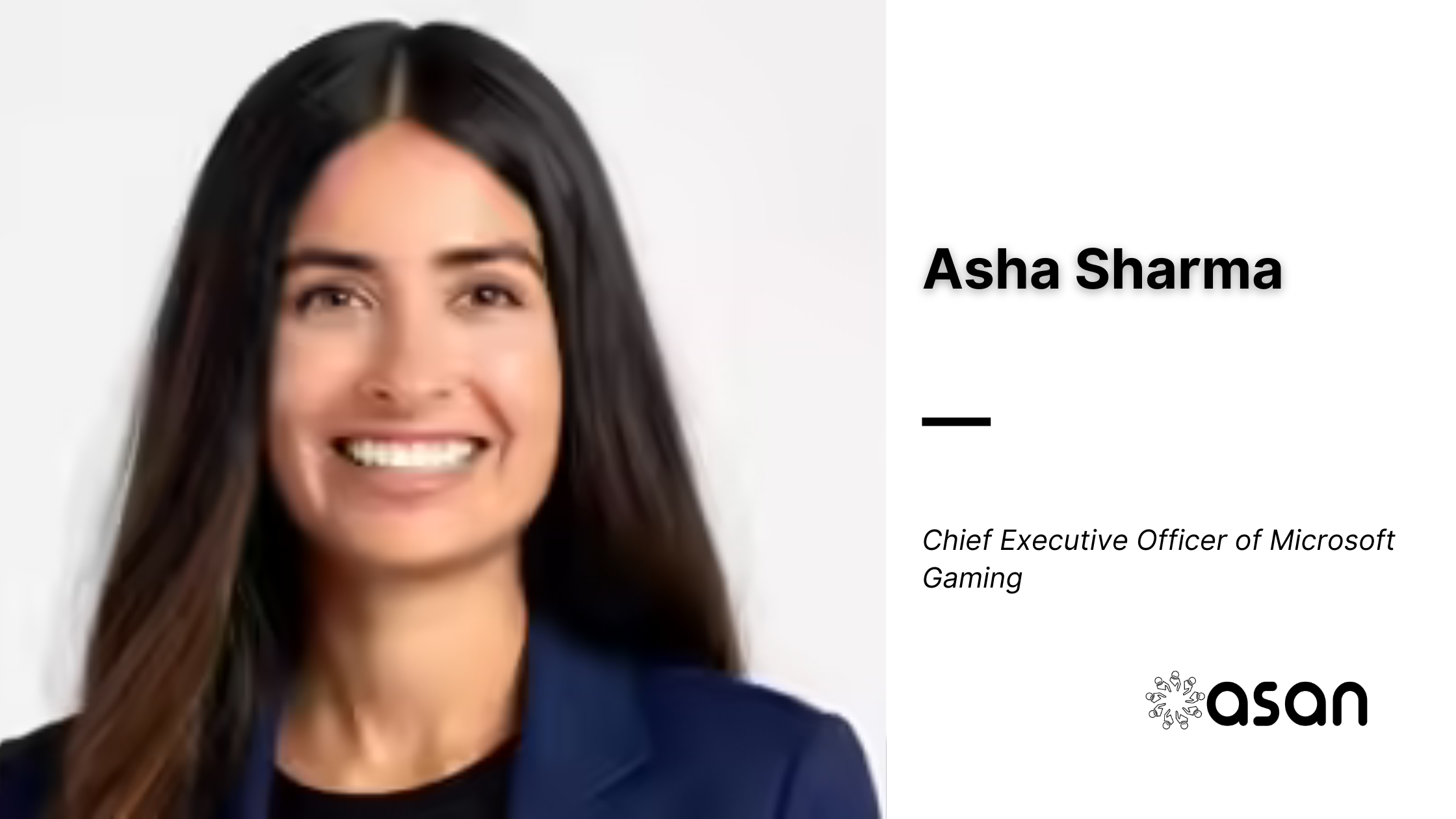National Public Radio has appointed Sonali Mehta as executive director of NPR Music, with her first day set for Sept. 22, 2025. The move places an experienced Indian American music executive at the helm of one of the most influential music brands in U.S. media, known globally for its Tiny Desk franchise and a network of public radio music stations that champion discovery and artist development. According to industry reports citing NPR’s announcement, Mehta will be based in New York and charged with setting overall strategy, deepening station collaboration, and expanding audience reach across platforms.
Mehta steps into the role with a background that straddles tech, labels, and artist services, a combination well suited to the cross-platform realities of public media. She began her career at YouTube working with hundreds of artists on channel growth and release planning, then ran digital campaigns at Arista Records, and most recently served as chief of staff at ADA, a Warner Music Group division focused on independent artists and labels. That pathway mirrors the broader shift in music consumption over the last decade, where audience growth hinges on data-driven strategy, creator tools, and partnerships that can convert virality into durable fandom. Bringing that expertise to NPR Music suggests an agenda centered on discovery at scale, stronger pipelines from local stations to national platforms, and new venue, video, and live-events concepts that can meet artists and audiences where they already are.
The timing matters. NPR Music has emerged as a trusted curator in an age of algorithmic listening, giving artists from diverse genres a stage that blends intimacy with cultural reach. Tiny Desk in particular has become a rite of passage – a place where newcomers break through and established acts reveal a different side of their craft. Under Mehta’s direction, expect a focus on growing that gravitational pull while protecting the editorial heart that makes public media distinct: service to audiences, transparency in storytelling, and a commitment to musical breadth beyond mainstream charts. Industry coverage of the announcement emphasizes her mandate to chart a growth vision for Tiny Desk while strengthening station partnerships. That balance – more reach without losing soul – is the core strategic challenge for public media music in 2025.
Representation is also part of the story. South Asian Americans have a deep presence in technology and entrepreneurship, but leadership roles in U.S. music institutions have been comparatively rare. Mehta’s appointment puts a South Asian American executive in a highly visible creative leadership seat, widening the aperture for who shapes national music culture. That visibility ripples outward: it signals to emerging executives from underrepresented communities that there is room at the table, and it helps artists who straddle diasporic and American identities find champions who understand both the creative and commercial realities of their work.

For public media, the stakes are practical as well as symbolic. NPR Music sits at the intersection of national and local, building programming that often starts in station ecosystems – from Latin, jazz, and classical to hip-hop, indie, and diaspora sounds – and then travels across the network. A leader who has negotiated complex partnerships and nurtured creator communities is likely to prioritize station relationships and talent pipelines, making it easier for local editors and producers to get promising acts onto national stages. That can translate into more regionally diverse lineups, new series that spotlight scenes outside coastal hubs, and better on-ramps for artists who are big on TikTok but new to the rigor of broadcast and long-form storytelling.
Mehta’s tech-to-label-to-independent journey may also shape how NPR Music measures success. Discovery without retention will not sustain public media; discovery with durable engagement can. Expect experiments with audience analytics that respect privacy and public-service values, more structured follow-ups after high-performing Tiny Desk appearances, and collaboration with stations on newsletters, events, and member drives that tie music fandom to public media support. Those approaches are consistent with how contemporary music teams build ladders from first listen to a loyal community – the same playbook Mehta has executed in prior roles.
For artists and industry partners, the appointment clarifies how NPR Music plans to compete for attention in a crowded field of live-session formats and short-form feeds. The brand’s advantage has never been flash; it is authority, curation, and continuity. With Mehta leading strategy, NPR Music can double down on formats that travel well across video and audio, broaden partnerships that bring station expertise forward, and pilot new series that surface voices outside traditional pipelines. That is good for listeners searching for trusted discovery, for stations seeking national lift for local work, and for artists who benefit from a platform known to move culture without flattening it.
Ultimately, this is an appointment about stewardship and ambition. Public media’s music footprint carries a responsibility to reflect what America sounds like now while honoring the craft and context behind the songs. By choosing a leader who has spanned platforms and roles – and who brings the perspective of a South Asian American executive to a national stage – NPR is signaling that growth and inclusion are not opposing forces but shared imperatives. The coming months will show how that vision translates to programming choices, station collaboration, and the next chapter of Tiny Desk.
Key Takeaways About Sonali Mehta
- Appointed executive director of NPR Music, effective Sept. 22, 2025, with a brief to set strategy and expand the Tiny Desk era.
- Brings cross-platform experience from YouTube, Arista Records, and Warner Music Group’s ADA.
- Will be based in New York and focused on deeper collaboration with public radio music stations.
- Appointment adds South Asian American leadership visibility in a major U.S. music institution.
- Signals public media’s push to pair editorial integrity with audience growth and diversified artist pipelines.



